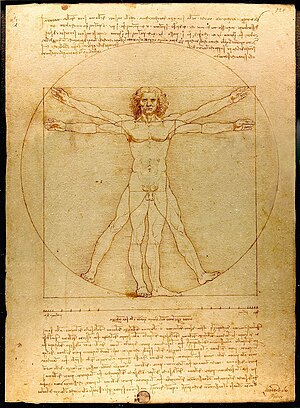
Tuesday, October 15, 2013
astro picture for the day and extras/bloopers and more
Comet Hale-Bopp. Credit: NASA
Well, I suppose I'm making this post more to update about Comet ISON. Scientists have apparently excercised their modeling ability; current models predict that comet ISON will survive its close encounter with the sun. Whether this comet is as bright or brighter than any comet seen by human cameras is still open to speculation.
Early on, Astronomers were saying this comet could be as bright as the full moon. If so, this comet will stop the presses. I remember comet Hale Bopp, and I've seen some other comets over the last decade, and even those, I couldn't help noticing the magnetic field texture of the tail. These are clearly plasmas and not your everyday material objects. A comet as bright as the full moon should be spectacular.
- These are kind of well known, but I found the names of some people who said airplanes(heavier than air vehicles, as opposed to gas balloons which had been around for a few decades up to that time), and space travel. In October 1903 for instance, astronomer Simon Newcomb said, "May not our mechanicians," he asked, "be ultimately forced to admit that aerial flight is one of the great class of problems with which man can never cope, and give up all attempts to grapple with it?" Just a few months later, the Wright brothers confirmed sustained powered flight(this is a technical point; the original flight was not that fast; they had to use physics and observation to confirm that their glider was in fact being pushed through the air in a powered sense).
In the 1920s, Frank Whittle came up with the idea of a jet engine. But, most people replied it would never work. A fellow engineer colleague, who actually did some work to help make it practical, in July 1926, A. A. Griffith said that it was impractical. Around 1928, Flight Lieutenant Harold W. Raeburn said furiously, "Why don't you take all my bloody aeroplanes, make a heap of them in the middle of the aerodrome and set fire to them – it's quicker!" These guys were saying these things more in frustration. They wanted it to work.
I know there were people who said space rockets could never work, but I've yet to find quotes and to put names to those claimants.
- Archaeological news,
Otzi left many descendents
The cave painters appear to have been the women!
- technology news,
thermal transistors , one problem any nanomanufacturing faces is thermodynamics; what if we could turn heat on and off; apply it when we need it, and control it where we need it?
Nanomanufacturing needs Artificial Intelligence? I've thought of this before. I've since then heard many people talk about it and debate it; here we see A.I. being used in various nanotechnological developments. The article also pretty much thinks A.I. is needed. Eric Drexler himself, from the very beginning, always pointed out that molecular chemistry software is needed to run the nanomachines. The reason comes from the fact that they need to be automated; individual humans can't see and manipulate an individual atom. The point here though is do we need A.I. just to make primitive nanomanufacturing and then bootstrap to daimondoid(or better) nanomanufacturing?
- found a quote,
"Wherefore we cannot speak, we must pass over in silence." Ludwig Wittgenstein
Ludwig felt that some concepts cannot be treated by words - like god, love. I argue differently. Natural language can deal with vagueness; that doesn't mean they treat them rigorously. There's denotative and connotative meanings to natural language words. Natural language simply denotes vague concepts.
Subscribe to:
Post Comments (Atom)

No comments:
Post a Comment